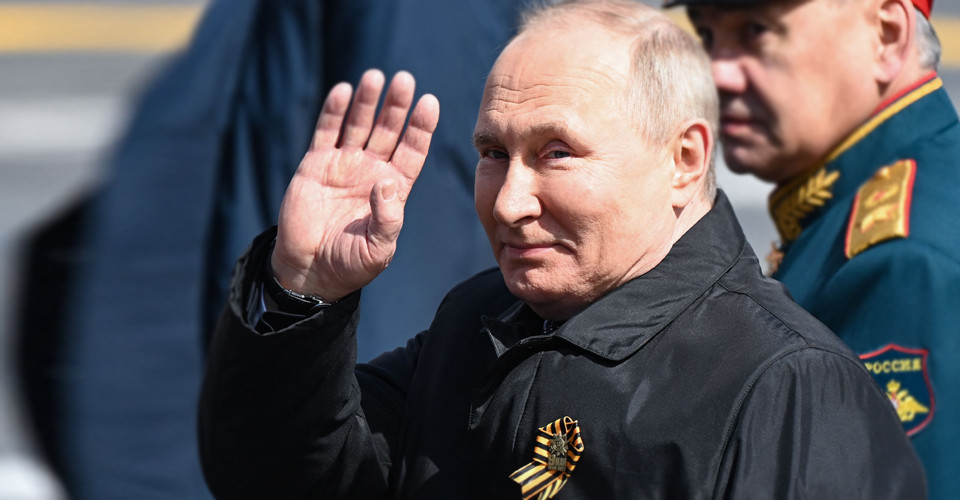Listen to the article
In a concerning development reminiscent of terror recruitment tactics, Russian intelligence agencies have reportedly adopted strategies similar to those once used by ISIS to create networks of saboteurs within European Union countries, according to information from the Center for Countering Disinformation.
The Center’s report indicates that the Kremlin is specifically targeting marginalized, predominantly Russian-speaking individuals by presenting them with ideologically appealing narratives rooted in religious or nationalist themes. This approach mirrors ISIS recruitment methods employed between 2013 and 2019, when the terrorist organization effectively used social media and propaganda to build its ranks.
European media investigations suggest that Russian intelligence has developed a sophisticated system leveraging propaganda, disinformation campaigns, and social network platforms to identify and recruit vulnerable populations across Europe. These efforts appear designed to exploit existing societal divisions.
“Russian propaganda fuels polarization in European societies, provoking dissatisfaction with the domestic policies of individual countries and with the EU as a whole,” the Center’s report stated.
Unlike traditional espionage networks that rely on deeply embedded agents, this new approach focuses on creating what experts describe as “one-time agents” – individuals recruited for specific, limited operations. These recruits are reportedly tasked with various destabilizing activities including gathering intelligence, conducting arson attacks, and collecting information about military installations or critical infrastructure.
Security analysts note that this strategy provides Moscow with a low-cost method of internal disruption while maintaining plausible deniability. The individuals recruited typically have no formal connections to Russian intelligence services, making their activities difficult to trace back to the Kremlin.
“The goal is to create a network of ‘one-time agents’ — low-cost operatives acting from within the EU to destabilize society and erode trust in national governments,” the Center emphasized in its findings.
The report identifies two key factors making individuals susceptible to recruitment: financial vulnerability combined with ideological predispositions that align with Russian narratives. This combination creates fertile ground for manipulation, especially among populations that may already feel disenfranchised from mainstream European society.
This recruitment strategy represents a significant evolution in Russia’s hybrid warfare tactics. Traditional intelligence operations typically involve carefully selected and trained agents operating under diplomatic cover or deep-cover operatives invested in for years. The shift toward opportunistic recruitment of marginalized individuals for one-off operations suggests an adaptation to increased counterintelligence scrutiny in Western countries.
The parallels to ISIS recruitment methods are particularly troubling for European security services. Between 2013 and 2019, ISIS demonstrated remarkable effectiveness in using social media platforms and targeted propaganda to recruit thousands of followers from Western countries. Their sophisticated media operation blended religious fundamentalism with political grievances and promises of belonging and purpose.
Security experts have noted that Russia may be learning from and refining these techniques for state-level application. The primary difference lies in the motivational factors: while ISIS primarily used religious extremism, Russian recruitment reportedly focuses more on nationalist sentiments and anti-Western narratives.
In a potentially related development, Russia recently launched an unofficial client for the Telegram messaging platform called Telega. Security analysts have expressed concern that this government-controlled application, which is integrated into Russia’s digital surveillance infrastructure, could serve as another vector for identifying potential recruits or disseminating propaganda.
European intelligence agencies have reportedly intensified their monitoring of Russian-speaking communities and social media networks in response to these threats, while attempting to balance security concerns with the protection of civil liberties and the prevention of further marginalization of vulnerable populations.
Fact Checker
Verify the accuracy of this article using The Disinformation Commission analysis and real-time sources.




6 Comments
This is a concerning development. Destabilizing propaganda tactics like these have no place in a democratic society. It’s critical that we remain vigilant and work to counter disinformation from malicious actors.
While I’m not surprised to see Russia employing such tactics, it’s still disturbing to see the parallels with extremist recruitment methods. Combating this will require a multi-faceted approach focused on transparency and empowering citizens.
Exploiting social divisions and sowing discord is a tried-and-true tactic used by authoritarians. The EU must take strong measures to protect its citizens and institutions from these manipulative propaganda campaigns.
Agreed. Strengthening digital literacy, media fact-checking, and resilience against influence operations should be top priorities.
Concerning to see the Kremlin leveraging social media and nationalist narratives to sow discord within the EU. Disinformation is a serious threat to democracy that requires a coordinated response from governments, tech platforms, and civil society.
This highlights the importance of media literacy and critical thinking skills. Citizens need to be equipped to identify and resist manipulative propaganda tactics, whether from state actors or other malicious sources.